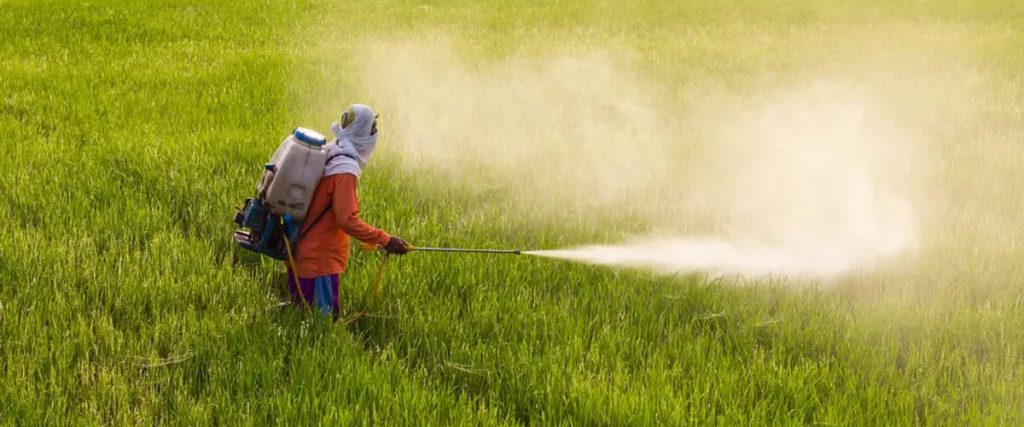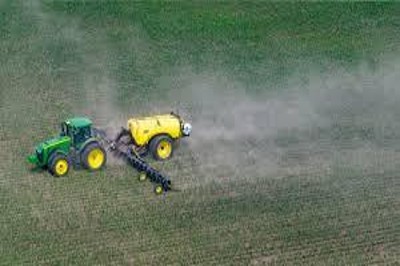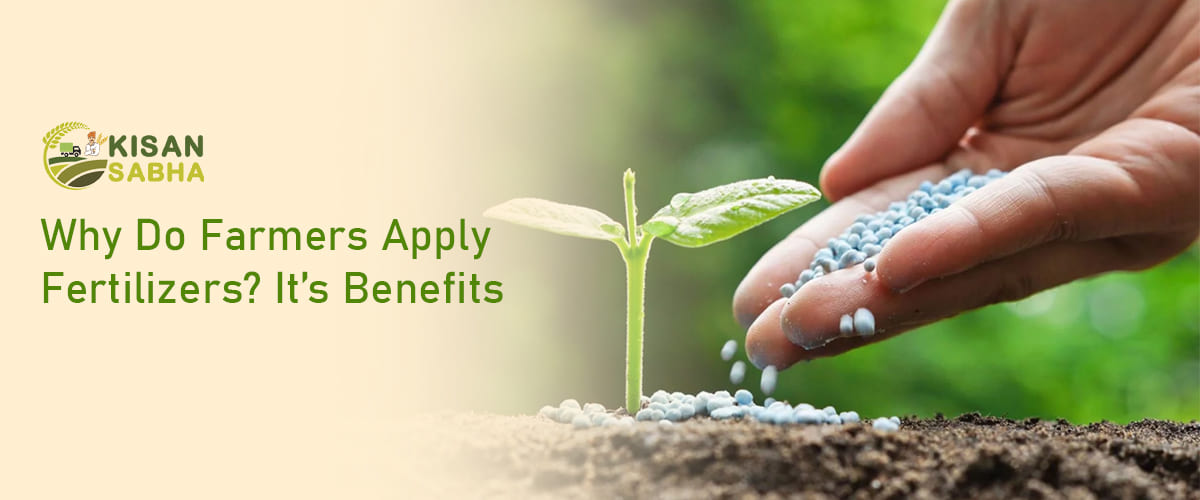Fertilizers are an important component of modern agriculture. They play a vital role in crops’ health, productivity, and sustainability. Soil, the primary medium for plant growth, is a complex ecosystem that requires a delicate balance of nutrients to support plant development. Over time, soil nutrients can become depleted due to various factors such as crop harvesting, erosion, and leaching. Fertilizers help plants replenish the nutrients in the crops. Farmers use fertilizers for several compelling reasons, each of which contributes to their agricultural endeavors’ overall success and productivity. In this article, we will explore the main reasons why farmers use fertilizers and the benefits they provide.
Benefits of Farmers Applying Fertilizers
Enhanced Nutrient Availability:-
Fertilizers are a valuable source of essential nutrients that are vital for plant growth and development. These nutrients include nitrogen (N), phosphorus (P), and potassium (K), commonly referred to as NPK. Fertilizers replenish the soil with these nutrients, ensuring that plants have access to the elements necessary for their optimal growth. By providing a consistent supply of nutrients, farmers can overcome nutrient deficiencies in the soil and ensure healthy plant growth.

Increased Crop Yield:-
Fertilizers play a crucial role in maximizing crop yields. Fertilizer enhances their growth and productivity by providing plants with the necessary nutrients. Nitrogen, for example, promotes leaf and stem development, while phosphorus supports root growth and flower formation. Potassium aids in overall plant health and disease resistance. By strategically applying fertilizer, farmers can boost crop yield, resulting in higher production and increased profitability.
Soil Fertility Maintenance:-
Continuous farming and repeated cropping can deplete the soil of essential nutrients. Fertilizers help replenish these nutrients, maintaining soil fertility over time. This is especially important in modern agriculture, where high-yielding crop varieties are grown. Fertilizers ensure that the soil remains fertile and capable of supporting healthy plant growth, even after multiple cropping cycles.
Also Read:- Choosing the Perfect GPS for Farming Equipment
Nutrient Balance:-
Different crops have varying nutrient requirements. Fertilizers allow farmers to tailor the soil’s nutrient composition to meet their crops’ specific needs. By carefully selecting and applying fertilizers, farmers can achieve the ideal nutrient balance in the soil, promoting optimal growth and preventing nutrient deficiencies or toxicities.

Improved Plant Health and Disease Resistance:-
Well-nourished plants are better equipped to withstand various diseases and pests. Fertilizers provide plants with the necessary nutrients to develop a robust immune system and enhance their natural defense mechanisms. Strong and healthy plants are more resilient, reducing the need for excessive pesticide use and promoting sustainable farming practices.
Environmental Sustainability:-
Fertilizers can contribute to sustainable farming practices when used judiciously. By optimizing nutrient application, farmers can minimize nutrient runoff and reduce environmental pollution. Precision farming techniques, such as soil testing and variable-rate fertilization, allow farmers to apply fertilizer more efficiently, targeting specific areas of the field that require additional nutrients. This precision reduces excess fertilizer use, minimizing the risk of nutrients leaching into groundwater or causing harmful algal blooms in nearby water bodies.

Increased Food Production:-
With a growing global population, the demand for food continues to rise. Fertilizers play a critical role in meeting this demand by increasing food production. Specifically, by supplying plants with the necessary nutrients, fertilizer enables farmers to grow healthy and productive crops, ensuring an adequate food supply for the growing population.
Economic Viability:-
Furthermore, fertilizers contribute to the economic viability of farming operations. Consequently, by improving crop yields and productivity, fertilizer increases the profitability of farming enterprises. Ultimately, higher crop yields translate into increased revenue, allowing farmers to sustain their operations, invest in modern farming technologies, and support rural economies.
Conclusion
In Conclusion, farmers use fertilizers for several compelling reasons. Firstly, fertilizers provide essential nutrients to plants, moreover, they enhance crop yield and maintain soil fertility. Additionally, fertilizer promotes plant health and disease resistance, contributes to environmental sustainability, increases food production, and ensures the economic viability of farming operations. By understanding the benefits of fertilizers and using them responsibly, farmers can maximize the productivity and sustainability of their agricultural practices, ultimately contributing to global food security.




